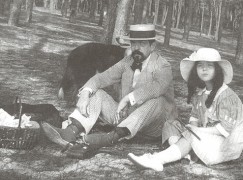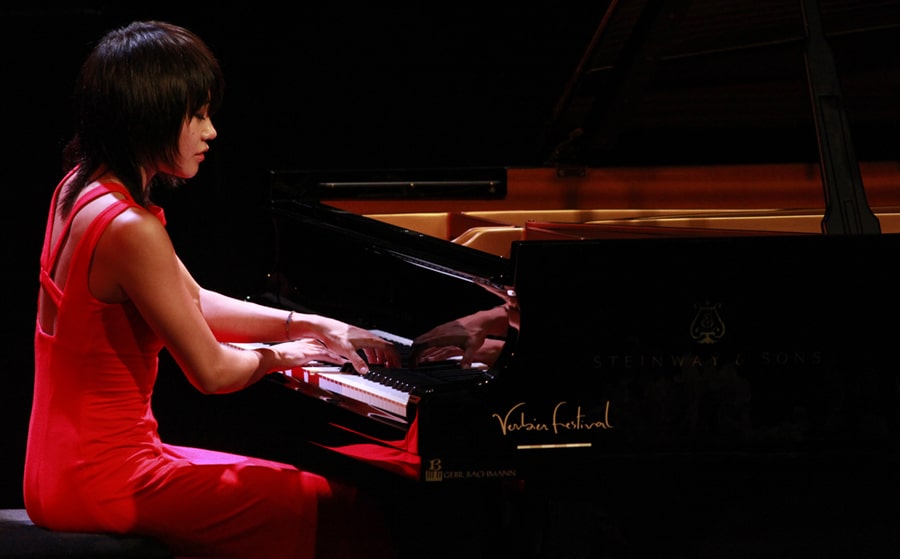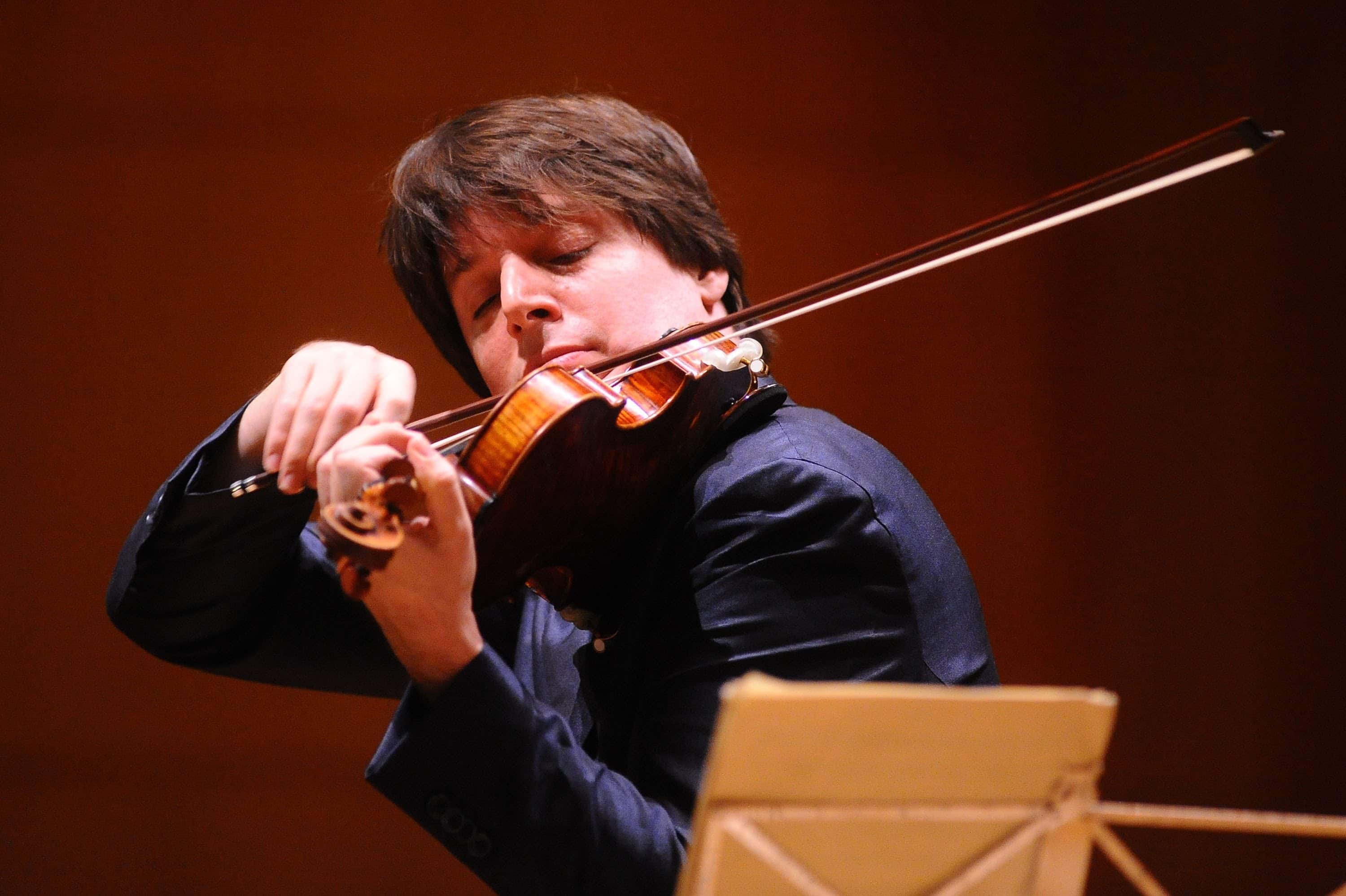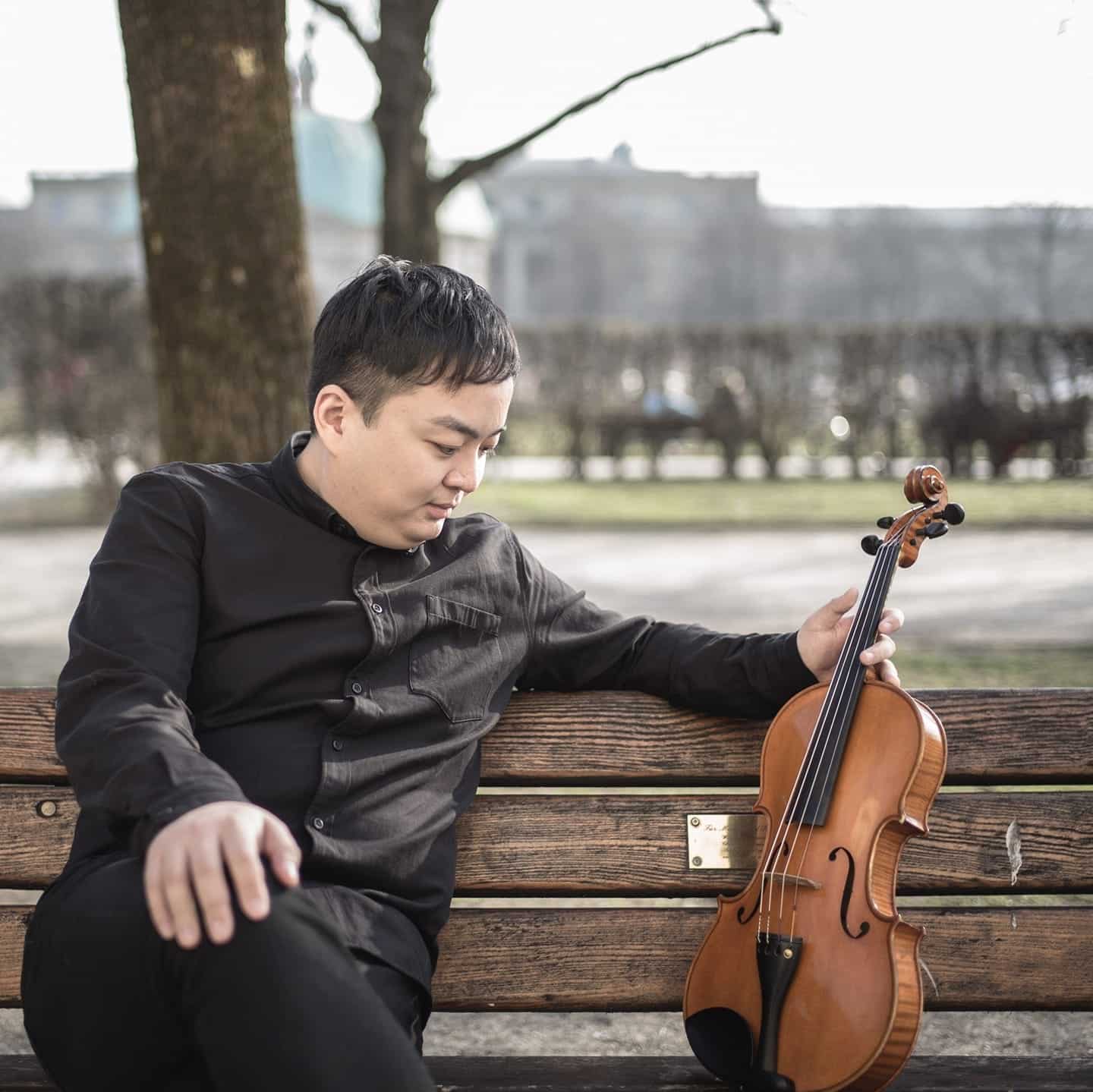What great composers might have earned today
mainStephen Pritchard has been calculating which of the great composers could have made a decent living out of their music if they were living today.
Beethoven need not have feared the bailiffs, but the real surprise is how well a certain French composer might do.

Read Stephen’s balance sheet here.





Debussy’s ‘lavish life style’ was caused by his anxiety that his second wife Emma Bardac, ex-wife of a wealthy banker, would feel to have married beneath the ‘life style’ level she had got used to and would leave him. Also, his opera Pelléas et Mélisande – which would have made Debussy a millionair – made his publisher rich who had bought the royalties against a yearly moderate salary, and Debussy was forced to accept this offer since he had to pay-back an enormous sum to the inheritants of his former publisher who had given Debussy lots of advance money, knowing that Debussy would become famous. Also the legal proceedings of his divorce from his first wife consumed much money, and he had to pay her an alimentation for the rest of his life, enforced by the court. He was bad at money management, true, but simply could not bear to go back to the poverty he had endured when young. Forced by his debts, he embarked upon conducting tours he hated, probably suffering from all kinds of phobias and anxieties. In fact, he did not really enjoy his practical circumstances and his fame, and his second wife regularly made trouble, probably due to financial management. Why was there not a King Ludwig around to help him out?
How interesting. A bit uneven since he includes factors for some composers but excludes them for others.
I did not know that Beethoven had a contractual obligation to stay in Vienna. What were the exact terms of that?
He just had to live in Vienna, that’s all, and was free to write what he wanted and to have his works published by publishers that he wanted. Also he was free to add to his pension with charity concerts for himself. But when one of the patrons suddenly died, his family did not want to continue the payment, and B had to take the family into court to get the part restored (he won). Other setbacks were Austrian financial crises (due to the Napoleonic wars) which greatly devaluated his pension.
B got his pension by suggesting that he may accept an offer from the king of Kassel to work at his court for a nice salary. He strongly needed a financial arrangement if he were to stay in Vienna because his hearing was deteriorating so that he could no longer earn money through giving concerts (as Mozart had done).
Thank you!
I presume he could at least sojourn elsewhere or did they have dragoons at the city limits to keep him in?
He was free to go where he wished and often spent the summer in neighbouring villages like Baden. There seems not to have been a fear that he might escape, and he even contemplated a journey to London, from which he would have returned, no doubt. He had so strongly assimilated in Vienna, frequenting the circles of nobility and bourgeois elites, that Kassel, where he knew nobody, was out of the question.
Strange that the comparison for Haydn is after he was already deceased. Is that sort of like Elvis’ current earnings?
Haydn was very well off and lived in a very bourgeois house in Eisenstadt while working at Esterhazy in that town. I visited the house last year and the guide said Haydn had the latest of everything and they discovered wall murals when renovating the house – which only the affluent had in those days. The house once burned down and the Prince had it rebuilt at no cost to Haydn. His final home in Gumpendorf, Vienna, was equally capacious and fashionable!!
…. lucky guy. In our times he would have had quite some hard searching to find such funding. Which is one of the reasons that we have no Haydns.
I’d be interested in an estimate of what these composers would be earning today if they were alive and their works still under copyright. Plus performing fees; Mozart would probably do well with his violin and piano solo appearances – not to mention the improvisation.
They would not be sonic artists, and hence they would have to convince the musical establishment of the central performance culture – orchestras, opera companies – that their contribution was worthwhile, and that would take a couple of decennia if they were lucky enough to live that long, and their descendents would earn the royalties that were the composers’ due. In other words: they would hardly survive nowadays as composers….. being caught-up in the culture wars that have disrupted the art form.
Would they not be sonic artists (by which I believe you mean those who work with amplified or electronic forms)? I’m not so sure. Might they not, perhaps, choose other genres in which to work – film scoring leaps to mind, which can satisfy “classical” forms of composition while still being quite lucrative, particularly for A-list composers, which one can assume that the people of whom we are speaking would have the capacity to be. And might they also not, in today’s society, choose to innovate and create in another genre? Or use the tools available today in order to innovate and create in a different direction?
Yes, one would expect all of that, but they would no longer create art music but ‘Gebrauchsmusik’ and would not be able to achieve musical quality standards as have developed over the ages. The repertoire upon which the central performance culture is based, has been written as art music, with its own tradition and value framework. In Europe before the revolutions (pre-1789), art music was bound to specific requirements of court and church, but part of these demands was that it be art music with its own intrinsic aesthetic norms. In today’s Gebrauchsmusik such norms don’t exist (if film music is ‘good’ and ‘effective’ and, even, beautiful, it still does not meet value standards of serious art music, and that is not a flaw – norms of serious art music are not part of the requirements). With and after Beethoven, art music got liberated from specific requirements, hence the upsurge of great music on which the performance culture still feasts. 20C developments eroded that development.
‘Sonic art’: works making use of sound material without the aim to create a psychological / emotional dimension within the work itself (which is only possible through tonal relationships), a dimension which can be experienced directly in the hearing process. Sonic art can have aesthetic qualities, which are in the sonic surface, but they are not musical. Pure sound material can be electronic and / or by real instruments, and of course electronics give more freedom to the artist.